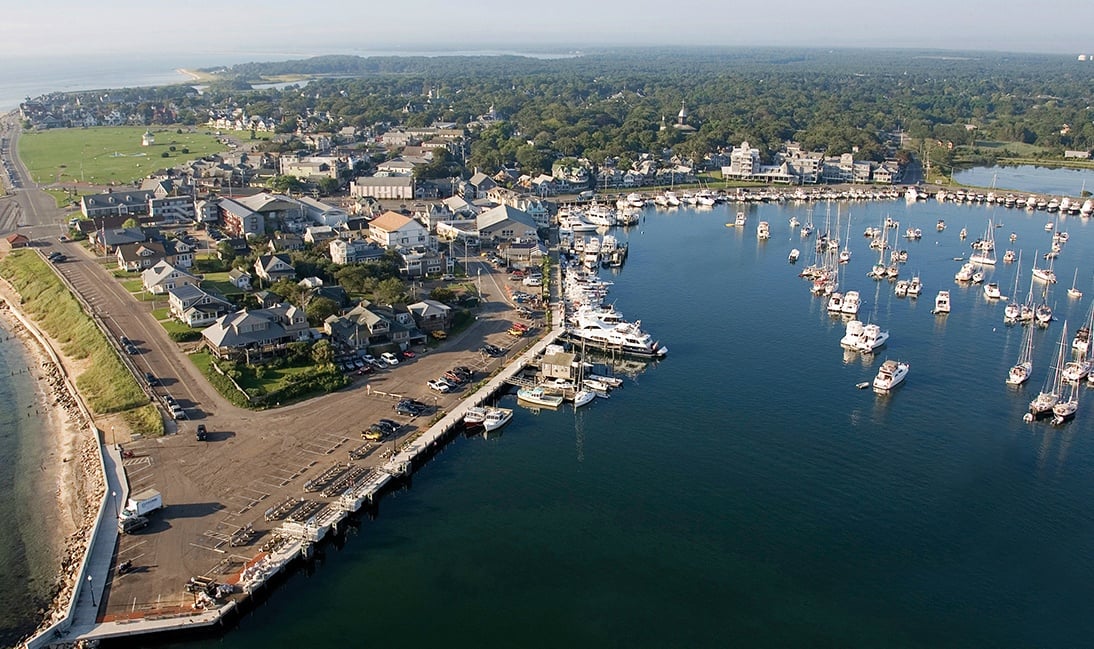Martha’s Vineyard Casino Heavily Opposed by Town and Taxpayers
Posted on: April 22, 2017, 11:00h.
Last updated on: April 22, 2017, 08:08h.
The Martha’s Vineyard casino that received its legal blessing earlier this month is receiving strong opposition from local authorities and residents on the picturesque Massachusetts island.

In mid-April, the Wampanoag Tribe of Gay Head won its appeal in a federal Boston courtroom. The ruling gave the Native American group the right to build a casino on Martha’s Vineyard on its reservation property.
But local officials, along with many residents and taxpayers, are vying to fight the gambling development. The Martha’s Vineyard casino is set to be built near the town of Aquinnah on the island’s western edge.
“We think the first circuit got it wrong and the US District Court got it right,” Aquinnah Selectman Ronald Rappaport told the Vineyard Gazette this week. “We think it’s clear that all the laws of town and state apply to tribal lands, including those involving gaming.”
The proposed casino will include roughly 300 electronic betting machines. The tribe doesn’t plan to initially offer table games, as that would require a compact with the state.
Sour Grapes
Aquinnah’s government believes the Wampanoag people do not possess the right to construct a gaming establishment on its sovereign land because the tribe agreed not to operate “bingo or any other game of chance” after it received federal recognition in 1987.
Though the Wampanoags date back more than 350 years in the northeast, the Gay Head sect was only recognized by the US government 30 years ago. Massachusetts returned some 485 acres on Martha’s Vineyard to the Wampanoags in the 1980s, but with the condition that it wouldn’t run games of chance.
However, when the state authorized commercial gambling in 2011, the tribe says its longstanding gaming agreement was voided. “The decision affirms our sovereign rights . . . over the land that has always been ours and solidifies our place in the gaming market,” Gay Head Chairwoman Cheryl Andrews-Maltais said.
“As we have always asserted, the Aquinnah Wampanoag has every right to conduct gaming on our tribal lands, just as any other tribe in the country,” she concluded.
Long Odds
While the local government and residents can make a loud public fuss over the Martha’s Vineyard casino, the reality is that they only have one remaining option in stopping the tribe: the US Supreme Court. The Wampanoags are expected to soon begin construction on the casino, and unless the US Supreme Court interjects, no legal hurdles stand in their way.
Aquinnah plans to petition the high court to review the case, but chances of acceptance are slim. The US Supreme Court receives upwards of 7,500 requests each year, and only agrees to hear about 80.
The time of local leaders might be better spent working with the tribe to solve infrastructure and transportation concerns that are likely to arise from the casino. Traveling to Martha’s Vineyard is currently confined to ferries, but no ferries presently serve the western part of the island. The only land artery to Aquinnah, State Road, is a two-lane road.
No comments yet